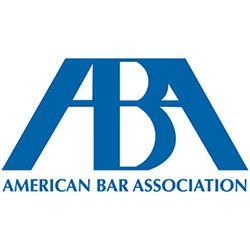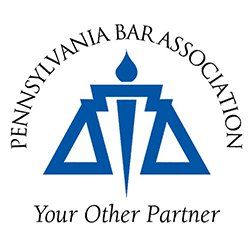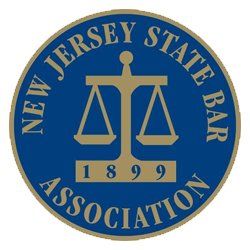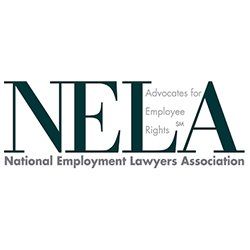CLIENT LOGIN
×Whistleblower Claims
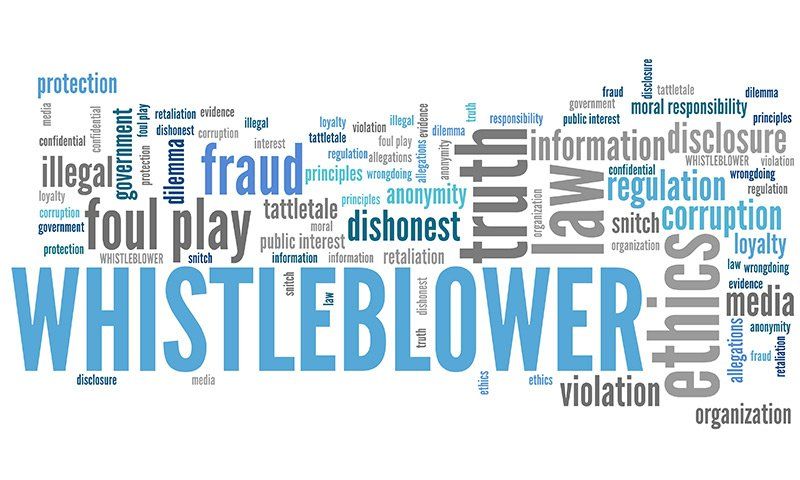
Whistleblowing occurs when an employee reports illegal conduct at work that is not directly related to workplace rights. For example, if you report that your company is submitting fraudulent bills/invoices for services it has not performed or lying to government auditors, you are a whistleblower.
An employer may not fire an employee for blowing the whistle on certain types of illegal activity. Some laws that prohibit certain types of unethical or illegal corporate behavior explicitly protect employee whistleblowers. For example, the federal Sarbanes-Oxley Act, passed in 2002 to protect investors from corporate financial wrongdoing, includes whistleblower protections for employees who report financial irregularities and shareholder fraud.
Pennsylvania (Pennsylvania Whistleblower Law) law protects whistleblowers who report wrongdoing or waste within their government employers or their private employers that do business with the government (for example, contractors that are paid to provide services or work to a government body). This law was only recently extended to cover government contractors, though. If your employer is a government contractor, you should speak to a lawyer about your potential claim.
If you are fired for refusing to engage in illegal behavior, you may also have a wrongful termination claim. Pennsylvania courts have found that employees who were fired for refusing to engage in illegal price-fixing or to lie to a government investigator could sue for wrongful termination, for example.
New Jersey has a whistleblower statute referred to as The Conscientious Employer Protection Act “CEPA.” There is also a federal counterpart referred to as the Whistleblower Protection Act.
Office Address
Phone
Fax
© 2022 Abara Law Firm, PLLC. All Rights Reserved.

